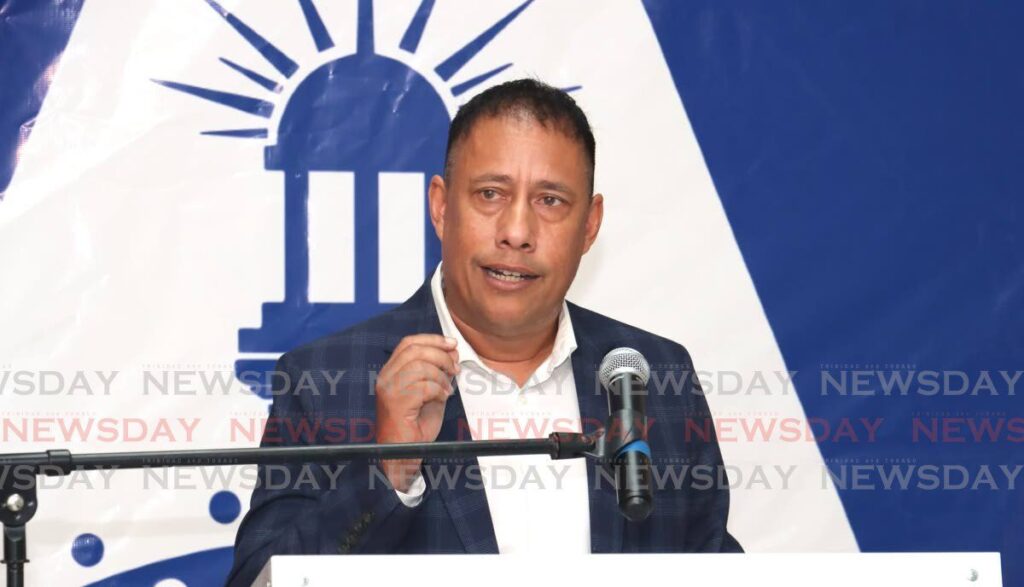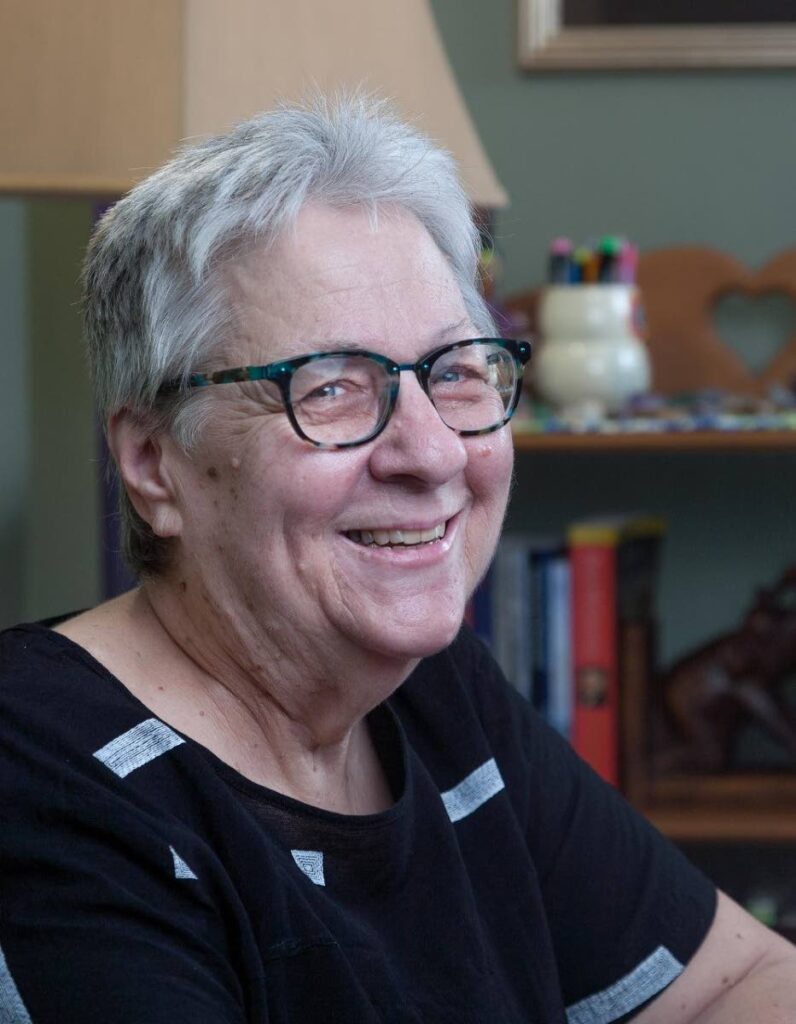Social media and the future
Written by Newsday on December 2, 2024

THE EDITOR: The results of the recent US election should provide a sobering moment to think about the nature of our media environment. Taking nothing away from US president-elect Donald Trump, his victories in 2016 and 2024 upended political and social media systems as we thought we understood them.
Something fundamental in recent times has shifted our relationships with each other, and the world at large, and the cause is no mystery: social media. In 2016, using a platform (Twitter) that allowed users to post short messages directly to supporters, Trump clambered over the mainstream “serious” media, made short work of his “serious” political rivals, and took the presidency.
In 2024, using, among others, the new medium of long-form podcasts, and the old medium of mass meetings, he engaged in lengthy, often not-entirely-serious diatribes and performances for the entertainment of his base. But the president-elect merely capitalised on a phenomenon that had been in progress for several years before – since the 2010s: the changing of the ways we conduct our social lives.
Instead of meeting, talking, listening, arguing, and interacting, we now post, share, like, or dislike. We are now able to filter out disagreement and stay in our own echo-chambers, listening only to what we want to hear. This isn’t a good thing.
Our social interactions with people and ideas we do not agree with are necessary for successful social life. We must not only listen but appreciate other points of view. We don’t have to agree, but we must at least know why we disagree. Social media have warped this dynamic, and it has wrought changes in a generation.
A very interesting documentary on Netflix, The Social Dilemma, examined the effect of social media use on young minds and brains and came to some frightening conclusions. Suicide, mental health issues, and behavioural problems began to rise as children were exposed to more and more social media use. The research was so alarming that the US state of Florida, and recently Australia, have banned social media use for children under 16.
But the problems with social media also have serious consequences for adults. If one thing has propelled the changing of the social orders, and governments, in many Western nations, it has been the rise of “alt-information” sources.
Early on, around the turn of the century and for about a decade after, this was welcome: we called it “citizen journalism” in Trinidad. It broke the monopoly of corporate and politically aligned media, which brought only highly politicised, and often biased, versions of the news. New media allowed other voices, and facts and stories which had been edited out of the mainstream, to reach millions.
However, this “balancing” of corporate media with the perspectives of outsiders has now gone to the other extreme. The different facts have now become “alternative facts” – that is, things which might not be true, but which people want to believe, which make them feel good about believing.
This has given rise to factual sinkholes and conspiracy theories having the same status as fact. People no longer feel obligated to justify their offensive opinions, since the mainstream has been proven to be corrupt.
A good example of this during the recent election was the rumour that Haitian migrants in the US were eating dogs and cats. Despite being debunked many times, the rumours persisted because many people wished to believe them.
The consequences for societies have been disastrous. The glue that holds nations together is called social capital – it involves trust between citizens, state institutions, banks and businesses. There must be wide agreement that everyone follows one set of rules, and they apply to all.
With the current information environment, this trust is eroding fast. Societies are fracturing into blocs and drifting apart. Trust is being misplaced by mistrust and hostility. This is true of TT. We have all seen and heard of the provocateurs who spread disinformation and bacchanal online, for handsome compensation from the government. We have seen libel cases brought and won against such people. But this does not stem the tide of mis- and disinformation.
The situation might seem hopeless – we are dealing with external forces larger than we can imagine. However, a good place to start would be a meaningful debate as to whether we should restrict children under the age of 16 from social media. And another place to start might be mandatory media literacy education at all levels of the school system.
The social media problem is real, and much more dangerous than the pandemic. The sooner we begin to treat it as such, the better off we will be.
DINESH RAMBALLY
MP, Chaguanas West
The post Social media and the future appeared first on Trinidad and Tobago Newsday.




